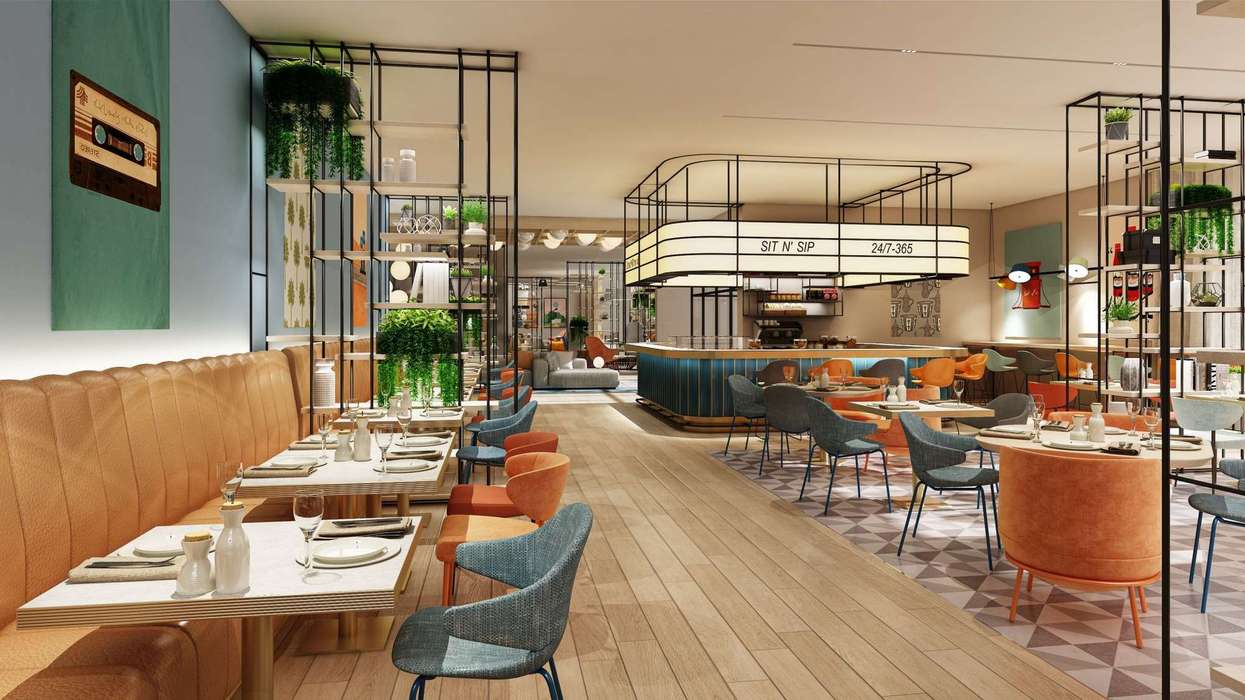Penn State & BU Take Top Honors in HAMA’s 2024 Case Competition
THE HOSPITALITY ASSET Managers Association named Penn State’s undergraduate team and Boston University’s graduate team as winners of its 19th Annual Student Case Competition. The winning teams each received $5,000 and an all-expense-paid trip to HAMA’s Spring Conference to network with leading hotel asset managers.
The teams were chosen from a field that included students from the University of Denver, Cornell University, Florida International University and the University of Texas Rio Grande Valley, HAMA said in a statement.
“It amazes me that 19 years into the HAMA Student Competition, the entire committee continues to be impressed with the fresh ideas and perspectives presented by the next generation of hotel asset managers every single time,” said Adam Tegge, HAMA education committee chair. “Their entry into the world of hospitality asset management portends a bright future for our industry. We look forward to hosting them in Boston during our Spring Conference.”
The winning teams consisted of:
Boston University (Graduate)
- Rishabh Sharma – Master’s degree in Hospitality Real Estate
- Eva “Jinyi” Li – Master’s degree in Hospitality Management
- Albina Zhangirova – Master’s degree in Hospitality
Penn State University (Undergraduate)
- Logan Prendergast – Bachelor’s degree in Hospitality Management
- Andrew Heiland – Bachelor’s degree in Hospitality Management
Students were presented with a case study featuring a fictitious, underperforming hotel in Boston, the statement said. Their task was to recommend a “survival action plan” to restore profitability or face a sale. They could choose from four options: adding a conference center, a health facility, redesigning F&B outlets, or proposing their own solution. With guidance from 10 HAMA members and university professors, participants developed a board presentation outlining their recommendation, supporting narrative, and business case analysis.
Penn State’s winning plan included a full renovation of all F&B outlets and a new meeting facility. Boston University’s strategy focused on including a rooftop bar, relocating the restaurant, closing the cocktail lounge and converting the coffee shop into a fitness area.
"The HAMA Competition provided a great platform for us to share our vision toward a case that could have easily been a real-life hotel; it made us think through different scenarios and offered a steep learning curve,” said BU’s Rishabh Sharma. “Speaking to industry professionals and getting mentored by an excellent asset manager was really helpful throughout the process.”
Penn State students were advised by John O’Neill, professor and director of the university’s Hospitality Real Estate Strategy Group, while Boston University students were guided by Kaushik Vardharajan, associate professor and director of BU’s hospitality real estate program.
“Through this competition, I gained deeper insight into asset optimization, financial performance analysis and the complexities of hotel investments,” said Penn State’s Andrew Heiland. “This experience has reinforced my passion for real estate and asset management within the hospitality industry, and I look forward to further developing my expertise in this field.”
In its Fall 2024 Industry Outlook Survey, HAMA found that demand, wage growth, and ADR increases remain top concerns, with 82 percent not expecting a recession in 2025 and 58 percent planning brand or management changes as a strategy.






